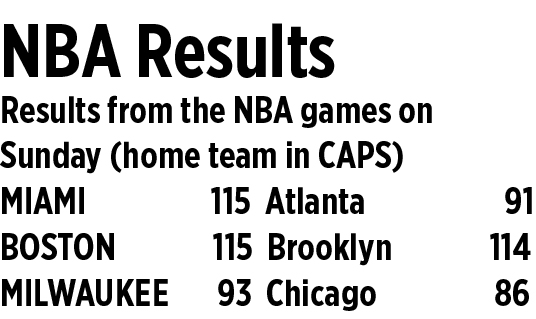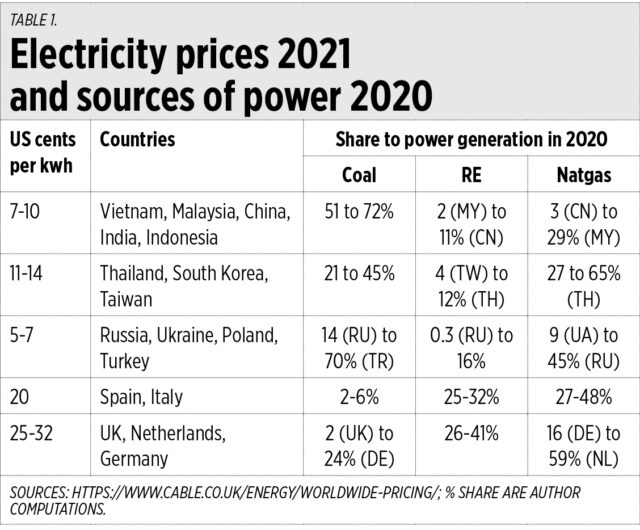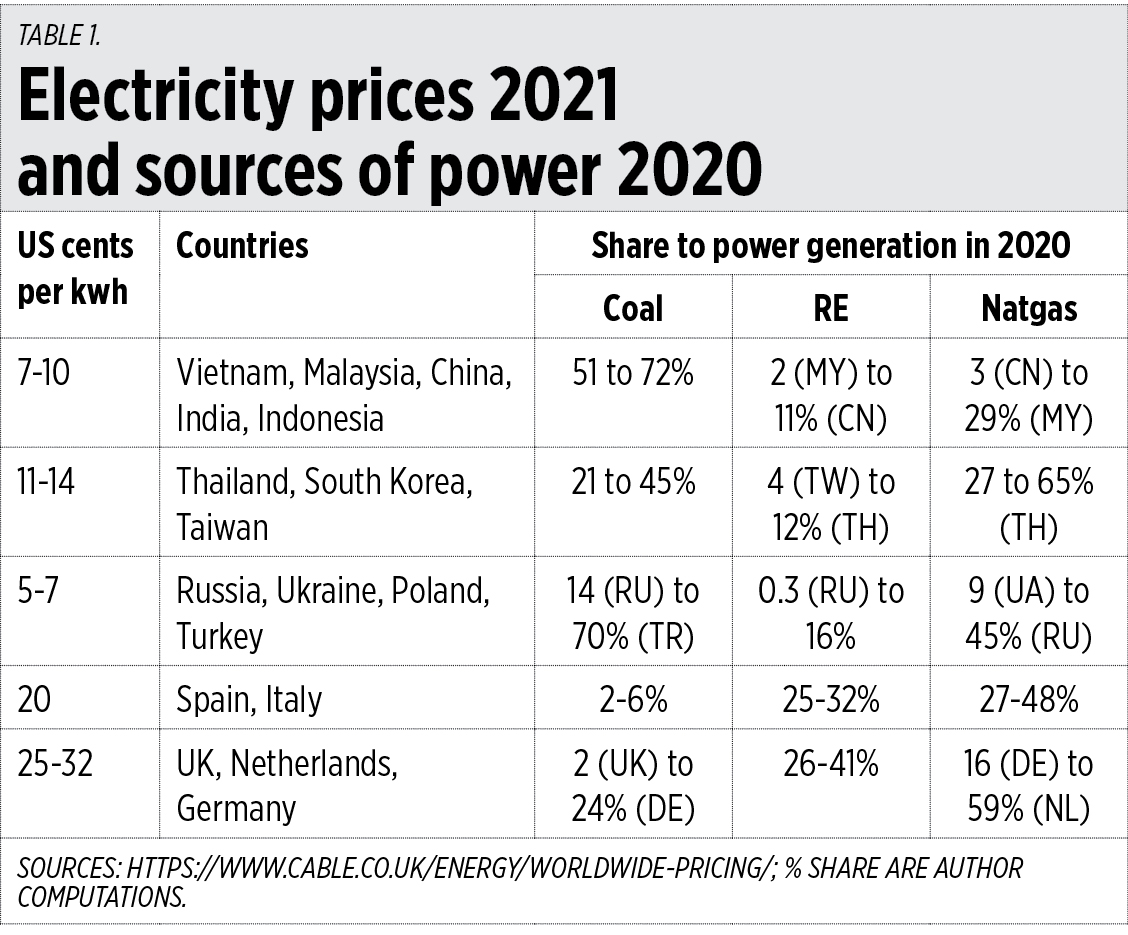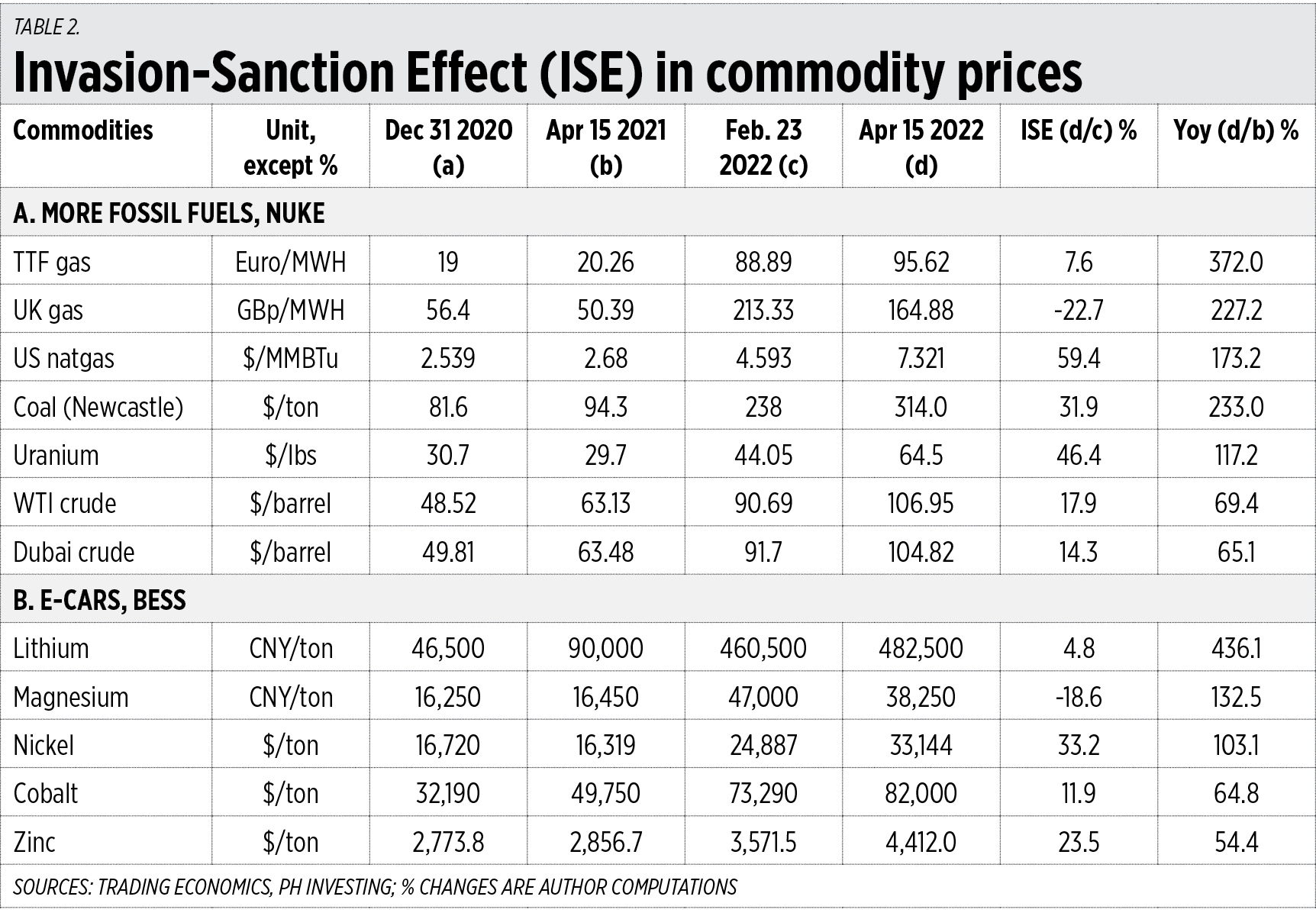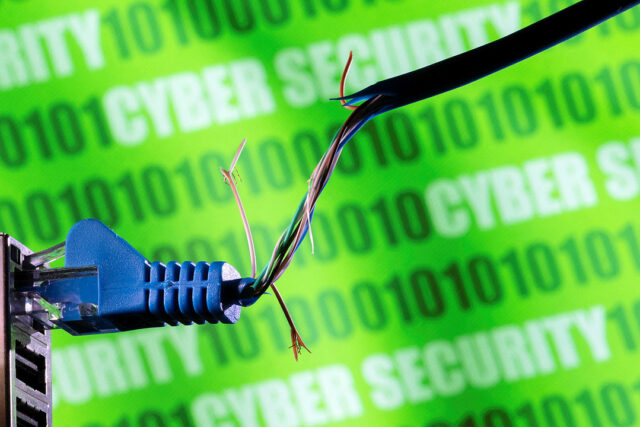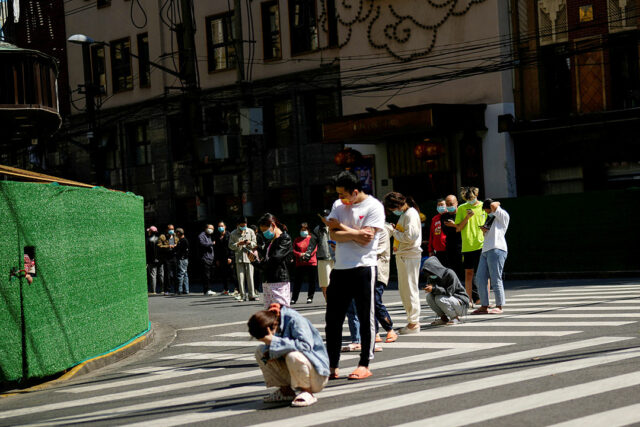Section 159 of the Revised Corporation Code (RCC) expressly penalizes “the unauthorized use of a corporate name” with a fine ranging from P10,000 to P200,000. The rather simplistic formula used under Section 159 raises many “due process” issues when seeking to hold a person criminally liable.
The first point is that Section 159 does not really define what constitutes the crime of “unauthorized use of a corporate name,” thus: Does it mean the use by a corporation, its officers, and representatives, of a corporate name that has not been authorized by the Securities and Exchange Commission (SEC) in business transactions even when such a name is not registered with any other person or entity? Does it mean the use by a third party of the registered name of a corporation without the knowledge or authority of the registrant corporation? Can a corporation that uses without authority a corporate name be punished, or is the offense imposable on the corporate officers who are acting on behalf of the corporation?
The language of the last paragraph of Section 17 regulating corporate names would be indicative of the proper answers to the foregoing queries, thus: “If the corporation fails to comply with the [SEC’s] order [relating to the use of corporate name], the [SEC] may hold the corporation and its responsible directors or officers in contempt and/or hold them administratively, civilly and/or criminally liable under this Code and other applicable laws and/or revoke the registration of the corporation.”
The crime of “unauthorized use of a corporate name” under Section 159 of the RCC would cover only the particular situations under Section 17 where the corporation, its directors or officers, have refused to comply with the SEC’s order against the use of a corporate name (i) that is distinguishable from that already reserved or registered for the use of another corporation; (ii) that is already protected by law; or (iii) when its use is contrary to existing law, rules and regulations. Since “unauthorized use” is the essence of the crime, then a criminal offense arises under the terms of Section 159 only when there has been a previous order from the SEC regarding the use of a corporate name that has been unheeded by the corporation and its responsible officers.
RESERVATION ON THE SEC’S CONTEMPT POWER AND POWER TO IMPOSE ADMINISTRATIVE SANCTIONS
The last paragraph of Section 17 provides that “If the corporation fails to comply with the [SEC’s] order, the [SEC] may hold the corporation and its responsible directors or officers in contempt and/or hold them administratively, civilly and/or criminally liable under this Code and other applicable laws and/or revoke the registration of the corporation.” Reference directly to the corporation under Section 17 constitutes sufficient statutory authority to hold the corporation itself criminally punishable under Section 159 of the RCC.
On the other hand, the overarching language in the last paragraph of Section 17 may also be construed to imply the policy that when Congress intends all three sanctions — contempt, administrative sanction, and criminal penalties — to be imposed on the same offense, it goes out of its way, as it does in Section 17 (and also the last paragraph of Section 170), to so expressly provide. Therefore, in all other instances in the RCC when a criminal penalty is imposed for a specific violation of its provision, the SEC should have no power to separately impose contempt sanctions and/or administrative sanctions.
If that were not the legislative intent, then the last paragraph of Section 17 is certainly a surplusage that creates more legal doubt rather than doing any of the good intended from its crafting. Another indication of the faulty crafting of the last paragraph of Section 17 is how it provides for the penalty to “revoke the registration of the corporation” as being separate and distinct from the same administrative sanction provided under Section 158 of the RCC.
VIOLATION OF DISQUALIFICATION PROVISION
Under Section 160 of the RCC, when “despite the knowledge of the existence of a ground for disqualification as provided in Section 26 of this Code, a director, trustee or officer willfully holds office, or willfully conceals such disqualification, such director, trustee or officer shall be”:
(a) Punished with a fine ranging from P10,000 to P200,000, at the discretion of the court;
BUT: When injurious or detrimental to the public, the fine shall range from P20,000 to P400,000; and,
(b) Permanently disqualified from being a director, trustee or officer of any corporation.
The criminal offenses defined under Section 160 of willfully holding office despite disqualification or willfully concealing such a disqualification, are both circumscribed by the term “as provided in Section 26 of this Code.” It means that only the disqualifications provided for under Section 26 and those imposed by the SEC and the PCC can give rise to the defined crime under the said section. We posit therefore that the additional disqualifications provided for under the articles or bylaws of the corporation cannot become the basis for a criminal prosecution under Section 160 of the RCC.
WHEN INJURIOUS OR DETRIMENTAL TO THE PUBLIC
The corporate offense defined under Section 160 of the RCC pertains to ensuring that those who serve the fiduciary role of director, trustee, or officer are persons of high moral character, with no criminal or administrative record. Consequently, the interest sought to be protected under Section 160 pertains to intra-corporate relationships and to the supervisory role of the SEC over corporations registered under the RCC.
When Section 160 of the RCC provides for a higher imposable penalty “when injurious or detrimental to the public,” it must mean that the corporation is one whose business is vested with public interest, since it is in such situations where the corporate reins, if placed in the hands of disqualified directors, trustees, or officers, could adversely affect the public. In corporations not vested with public interest, it would be difficult to find that the consequences of the non-compliance with Section 160 have gone beyond the intra-corporate realm and have become public in character.
VIOLATION OF THE OBLIGATION TO REMOVE DISQUALIFIED DIRECTORS OR TRUSTEES
Although the last paragraph of Section 27 of the RCC clearly implies an obligation on the part of the Board of Directors to remove a disqualified director, Section 160 cannot be the basis for imposing criminal liability on the breach of such obligation since its provisions are directed solely at the disqualified director.
In addition, a criminal prosecution under Article 170 of the RCC would also be unavailing against the members of the Board for violation of their obligation to remove a disqualified member since the last paragraph of Section 27 provides that the only power of the SEC is to impose on the Board of Directors an administrative sanction: “The removal of a disqualified director or trustee shall be without prejudice to other sanctions that the [SEC] may impose on the Board of Directors who, with knowledge of the disqualification, failed to remove such director or trustee.”
VIOLATION OF DUTY TO MAINTAIN RECORDS, TO ALLOW THEIR INSPECTIONS OR REPRODUCTION
Section 161 of the RCC provides that the unjustified failure or refusal by the corporation, or by those responsible for keeping and maintaining corporate records, to comply with “Sections 45, 73, 92, 128, 177 and other pertinent rules and provisions of this Code on inspection and reproduction of records,” shall be punished with a fine ranging from P10,000 to P200,000, at the discretion of the court, taking into consideration the seriousness of the violation and its implication; but that when injurious or detrimental to the public, the fine shall range from P20,000 to P400,000.
The punitive applications under Section 161 have been discussed under each of the five instances which identify a “duty to maintain records,” namely:
• Section 45: Adoption of the Bylaws
• Section 73: Books and Corporate Records Subject to Inspection
• Section 92: List of Members and Proxies
• Section 128: Minutes Book for OPCs
• Section 177: Reportorial of Corporations
RESERVATION AS TO SEC’S EXERCISE OF CONTEMPT POWER
The last paragraph of Section 161 of the RCC provides that “The penalties imposed under this section shall be without prejudice to the [SEC’s] exercise of its contempt powers under Section 157 hereof.” Such express reservation under Section 161 of the power of the SEC to exercise its contempt power in addition to the criminal penalty imposed for the offenses defined leads to the following issues:
Firstly, the last paragraph of Section 161 may be held to imply that in all other criminal offenses defined specifically in the RCC, where such reservation is not found, the SEC would not have the power to cite the offenders in contempt. If this was not the legislative intent, and that SEC’s power to cite in contempt under Section 157 stands enforceable on its own accord, separate and distinct from the imposition of criminal penalties, then what was the point of making such express reservation under the last paragraph of Section 161?
Secondly, the last paragraph of Section 161 may be held to imply that since only the SEC’s power to cite in contempt is reserved as an additional sanction for the criminal penalty imposable, then the legislative intent is to the effect that the SEC has no power to impose separately any of the administrative sanctions for any of the violations covered under Section 161 vis-à-vis Sections 45, 73, 92, 128 and 177 of the RCC. If that were not the legislative intent, then why does Section 161 not make the same reservation for the imposition of administrative sanctions by the SEC?
Thirdly, the last paragraph of Section 161 may be construed to imply a legislative intent that in sections of the RCC that specifically impose criminal penalties and where the power to impose administrative sanctions is not reserved as being separate from the criminal penalty (as is done in Section 170), that the SEC is without power to impose administrative sanctions under Section 158 of the RCC.
If it were the legislative intent that the imposition by SEC of the administrative sanctions under Section 158 of the RCC is independent and separate from the imposition of any other administrative/civil sanctions, then such statement should have found itself located within Section 158 itself — and yet Section 158 of the RCC is completely silent on such a policy.
WHEN INJURIOUS OR DETRIMENTAL TO THE PUBLIC
Section 161 of the RCC provides that “When the violation of this provision is injurious or detrimental to the public, the penalty is a fine ranging from …P20,000… to …P400,000…”
Except in the case of OPCs under Section 128 on the keeping of the Minutes Book which is intended for the protection of the creditors, the various duties to maintain corporate records and allow inspection and/or reproduction go into protecting the common law rights of shareholder or members, as well as promoting the regulatory supervision of the SEC over corporations organized under the RCC. Consequently, non-compliance or violation of the various duties to maintain corporate records for which Section 161 imposes criminal penalties would be injurious or detrimental to the public only when they involve corporations whose business enterprise affects the public, and whose stakeholders have a right to be made aware of the various key information in the business operations that would affect their legitimate interests.
For corporations whose business is not vested with public interest, it would be difficult to sustain the imposition of the higher penalty imposed under Section 161 of the RCC based on the allegation that the violation was injurious or detrimental to the public.
This article reflects the personal opinion of the author and does not reflect the official stand of the Management Association of the Philippines or MAP.
Attorney Cesar L. Villanueva is Co-Chair for Governance of the MAP ESG Committee, the Chair of the Institute of Corporate Directors, the first Chair of the Governance Commission for GOCCs, a former Dean of the Ateneo Law School, and a Founding Partner of Villanueva Gabionza & Dy Law Offices.
map@map.org.ph
cvillanueva@vgslaw.com
http://map.org.ph




